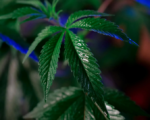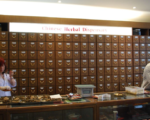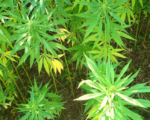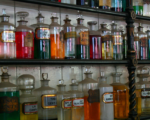The tobacco industry has witnessed a significant surge in tobacco seed sales, marking a notable trend in agricultural markets. This increase is driven by a combination of factors, including rising demand for tobacco products in certain regions, advancements in agricultural practices, and the resilience of tobacco farming communities. As tobacco remains a lucrative crop for many farmers, the surge in seed sales highlights the ongoing relevance of tobacco cultivation in the global agricultural landscape. This article delves into the reasons behind this trend and its implications for the industry.
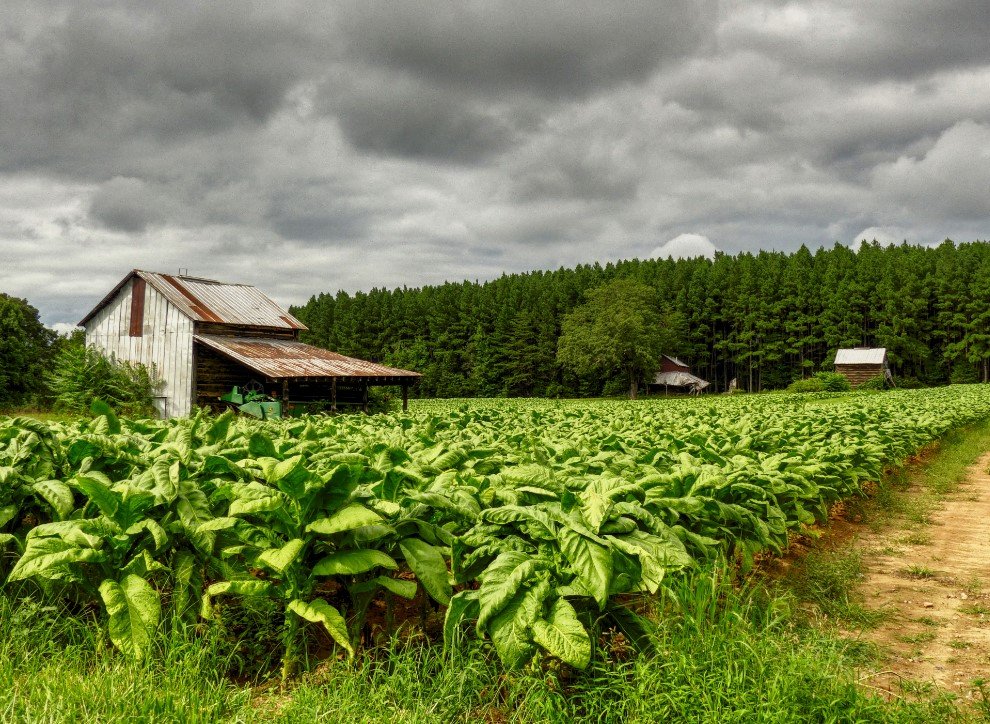
Factors Driving the Surge
The surge in tobacco seed sales can be attributed to several key factors. Firstly, there has been a steady increase in demand for tobacco products in emerging markets. Countries in Asia and Africa, in particular, have seen a rise in tobacco consumption, driven by population growth and increasing disposable incomes. This growing demand has encouraged farmers to invest in tobacco cultivation, leading to higher seed sales.
Advancements in agricultural practices have also played a crucial role. Modern farming techniques, such as precision agriculture and improved irrigation systems, have enhanced the efficiency and yield of tobacco crops. These innovations have made tobacco farming more attractive and profitable, prompting more farmers to purchase seeds and expand their cultivation areas. Additionally, the development of disease-resistant and high-yield tobacco seed varieties has further boosted sales.
The resilience of tobacco farming communities is another significant factor. Despite global efforts to reduce tobacco consumption, many farming communities continue to rely on tobacco as a primary source of income. These communities have adapted to changing market conditions and have found ways to sustain their livelihoods through tobacco farming. The strong support networks and cooperative structures within these communities have facilitated the continued growth of tobacco seed sales.
Economic and Environmental Implications
The surge in tobacco seed sales has both economic and environmental implications. Economically, the increase in tobacco cultivation can provide a substantial boost to rural economies. Tobacco farming generates employment opportunities and supports local businesses, contributing to the overall economic development of farming regions. The income generated from tobacco sales can improve the living standards of farming families and support community development projects.
However, the environmental impact of increased tobacco cultivation cannot be overlooked. Tobacco farming is known to be resource-intensive, requiring significant amounts of water, fertilizers, and pesticides. The expansion of tobacco cultivation can lead to deforestation, soil degradation, and water pollution. These environmental concerns highlight the need for sustainable farming practices and the adoption of eco-friendly technologies in tobacco farming.
Efforts to mitigate the environmental impact of tobacco farming are gaining traction. Initiatives such as integrated pest management, organic farming, and the use of renewable energy sources are being promoted to reduce the ecological footprint of tobacco cultivation. By adopting these practices, farmers can minimize the negative environmental effects while maintaining the economic benefits of tobacco farming.
Future Prospects and Challenges
Looking ahead, the future of tobacco seed sales and cultivation will be shaped by a range of factors. The ongoing efforts to reduce global tobacco consumption through public health campaigns and regulatory measures will continue to pose challenges for the industry. Governments and health organizations are implementing stricter regulations on tobacco advertising, packaging, and sales, which could impact the demand for tobacco products and, consequently, seed sales.
Despite these challenges, the resilience and adaptability of tobacco farming communities suggest that the industry will continue to find ways to thrive. Diversification into alternative crops and value-added products, such as organic tobacco and tobacco-based bioproducts, could provide new revenue streams for farmers. Additionally, the adoption of sustainable farming practices and technologies will be crucial in ensuring the long-term viability of tobacco cultivation.
In conclusion, the surge in tobacco seed sales reflects the dynamic nature of the tobacco industry and its ability to adapt to changing market conditions. While the economic benefits of increased tobacco cultivation are significant, the environmental impact must be carefully managed. By embracing sustainable practices and exploring new opportunities, the tobacco farming community can navigate the challenges ahead and continue to play a vital role in the global agricultural landscape.
Maria Garcia is an award-winning author who excels in creating engaging cannabis-centric articles that captivate audiences. Her versatile writing style allows her to cover a wide range of topics within the cannabis space, from advocacy and social justice to product reviews and lifestyle features. Maria’s dedication to promoting education and awareness about cannabis shines through in her thoughtfully curated content that resonates with both seasoned enthusiasts and newcomers alike.

